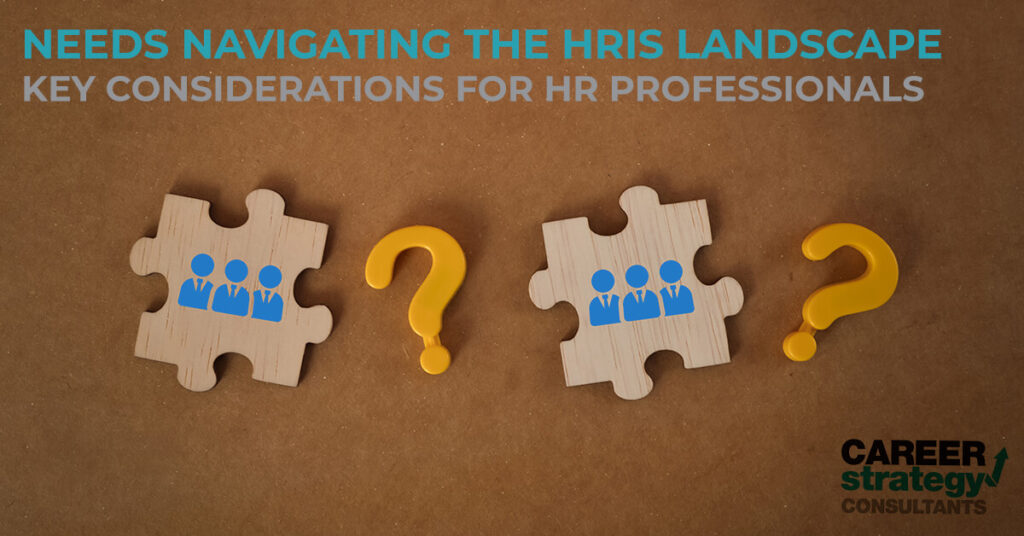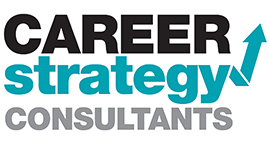Needs Navigating the HRIS Landscape: Key Considerations for HR Professionals


In the rapidly evolving world of human resources (HR), an effective Human Resources Information System (HRIS) is a crucial tool for managing and optimizing HR tasks. As an HR professional, choosing the right HRIS for your organization can be a daunting task, given the multitude of solutions available on the market. In this blog, we’ll explore what HR professionals should look for in an HRIS platform and pitfalls to avoid during the selection process.
Understanding Your Needs
Before diving into the pool of HRIS solutions, it’s paramount to identify and understand your organization’s specific needs. Is your organization focused on recruitment? Performance management? Payroll? Benefits administration? Some platforms might be vital in particular areas but weaker in others. Knowing your priorities will help streamline your search.
User-friendly Interface
An HRIS platform that is intuitive and easy to use will increase user adoption and improve overall productivity. Look for a platform that requires minimal training to operate and offers a pleasant user experience. A complicated or confusing system may frustrate users and lead to lower utilization rates.
Integration Capabilities
HR does not operate in a vacuum. Your HRIS needs to communicate effectively with other systems within your organization. Whether it’s integrating with your current payroll system, time tracking tool, or other enterprise applications, make sure the HRIS can integrate seamlessly and share data accurately.
Scalability
Your HRIS should be able to grow with your company. As your organization expands, the HRIS must be able to accommodate more employees, more data, and potentially more complex operations. Check whether the platform can handle the projected growth of your company without requiring a system overhaul.
Robust Reporting and Analytics
Data-driven decision-making is becoming the norm in HR. An HRIS with robust reporting and analytics can provide valuable insights into employee performance, engagement, retention, and more. Make sure the platform can generate customizable reports that align with your organization’s strategic goals.
Regulatory Compliance
HR is a field riddled with compliance obligations. An ideal HRIS should keep abreast of regulatory changes and assist in maintaining compliance, whether it’s related to labor laws, benefits administration, or data privacy.
Pitfalls to Avoid
Ignoring Employee Feedback
Your employees will be the primary users of the HRIS. Ignoring their feedback during the selection process could lead to a system that doesn’t meet their needs, resulting in poor adoption rates.
Overlooking Hidden Costs
The price tag of an HRIS platform is not always straightforward. There could be additional costs for implementation, maintenance, upgrades, and training. Be sure to account for these when calculating the total cost of ownership.
Neglecting Vendor Support
A responsive and knowledgeable vendor can make the implementation and ongoing use of an HRIS much smoother. Do not overlook the importance of vendor support when evaluating HRIS platforms.
Overestimating the Importance of Trendy Features
While it’s important to have an HRIS that’s up-to-date with current trends, don’t let flashy features distract you from core functionalities that your organization truly needs.
Closing
Choosing the right HRIS is a strategic decision that can significantly impact your HR operations and overall business performance. By keeping in mind the points mentioned above, you’ll be better equipped to make an informed choice that aligns with your organization’s needs and goals.

More Than Just Staffing
For Employers
For Individuals
